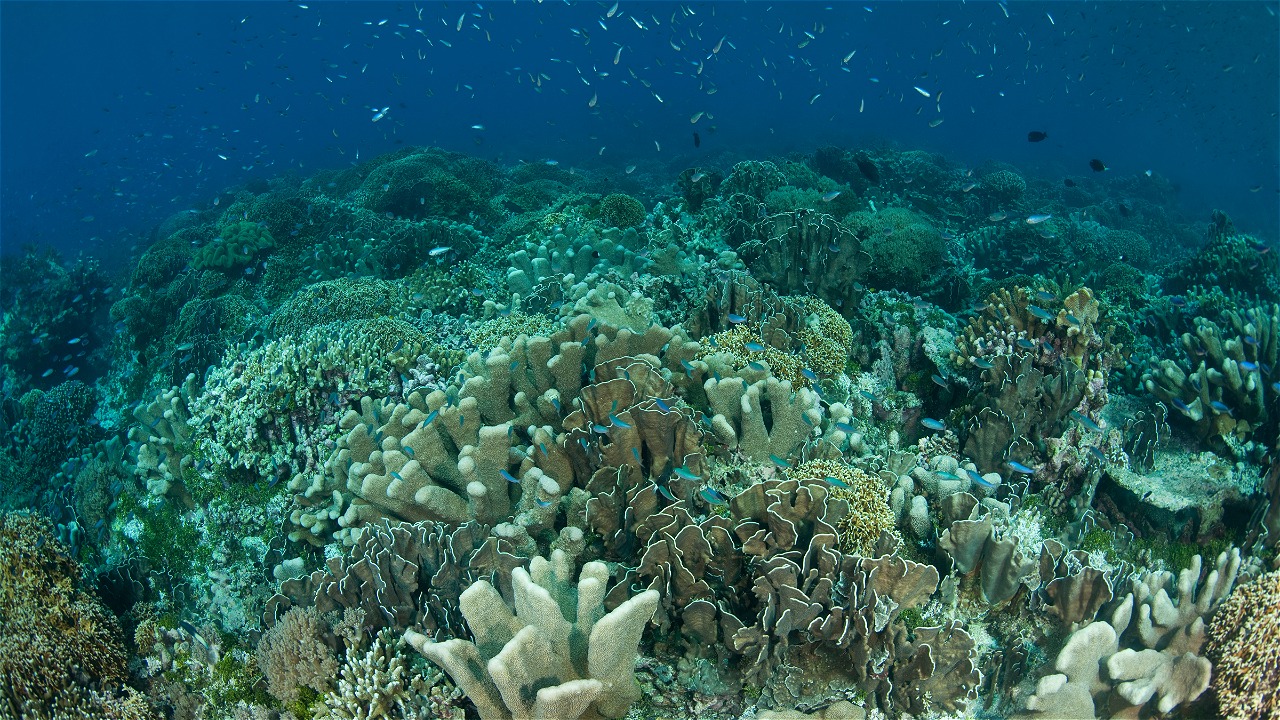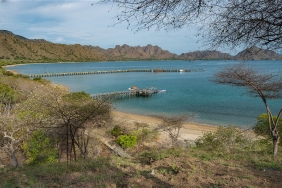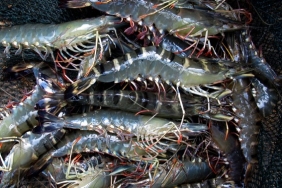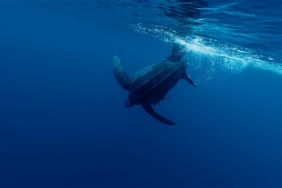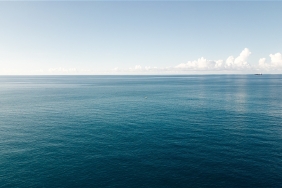UPS AND DOWNS OF WAWONII ISLAND CORAL REEFS
By: Jibriel Firman Sofyan (Reef Check Indonesia)
Data collection in the #XPDCSULTRA series ended in the waters of Wawonii Island, Konawe Islands Regency. Today, the entire team made its final observations. We, the two ecology teams, split the dive area around this island.
Team A combed the dive spots in the northern part of the island, and Team B combed the dives in the southern and eastern parts of the island. I myself joined team B as a big fish (big fish) observer (>35cm).
We have good news and bad news regarding the condition of the coral reefs in the waters of Wawonii Island. In the south of the island I dived, the waters were clear and we encountered a variety of fish. However, this was reversed with the condition of the coral reefs.
The impact of destructive fishing activities can be seen in the condition of the coral reefs in these waters. We predict that the rubble coral reefs at this site are one of the consequences of these destructive fishing activities.
Coral reefs are a group of marine animals that have stinging cells. During their lifetime, coral reefs produce a lime substance that forms the skeleton (lime skeleton) as the main constituent of the reef in the coral reef ecosystem.
Biologically, coral animals take a long time to form the lime skeleton structure. The skeleton that we know as a beautiful colorful coral reef. So, it is sad to see the condition of coral reefs in these waters that are destroyed.
But, we also had some good news from down there. At the dive sites we surveyed, it was great to see the process of coral recruitment. We observed that the areas of coral fragments (rubble) on this site had regrown with coral saplings under 10 cm in size.
Of course, this is good news! We believe that the normal mechanism of nature will bring back to balance. However, this recovery will take a long time. Do not let human activities in the area add to the damage again, and hinder the coral recruitment that occurs. If necessary, rules should be made to prevent human activities for a while, for the sake of ecosystem recovery.

